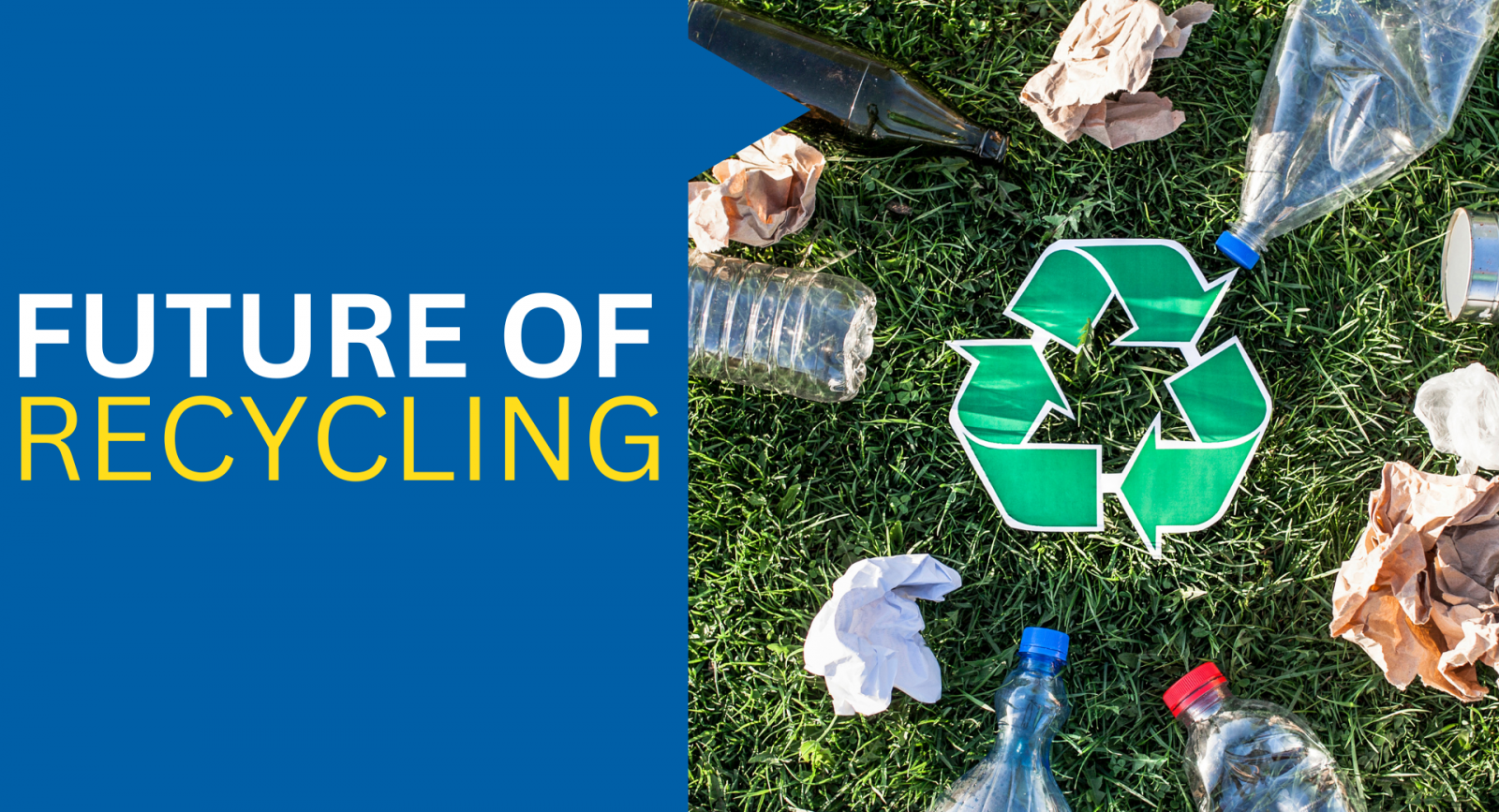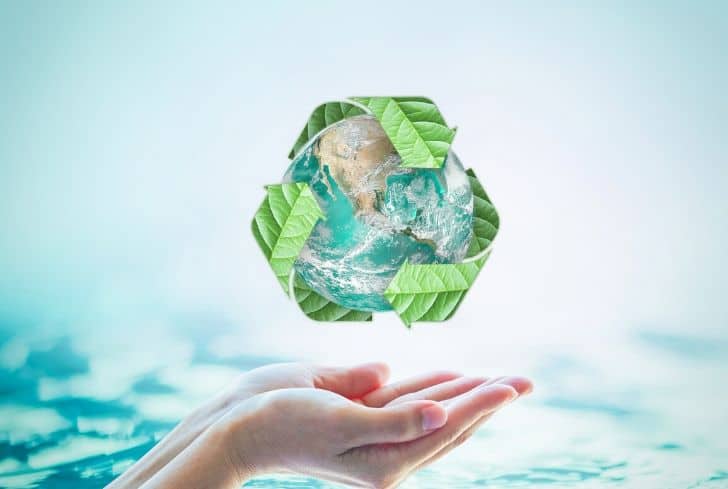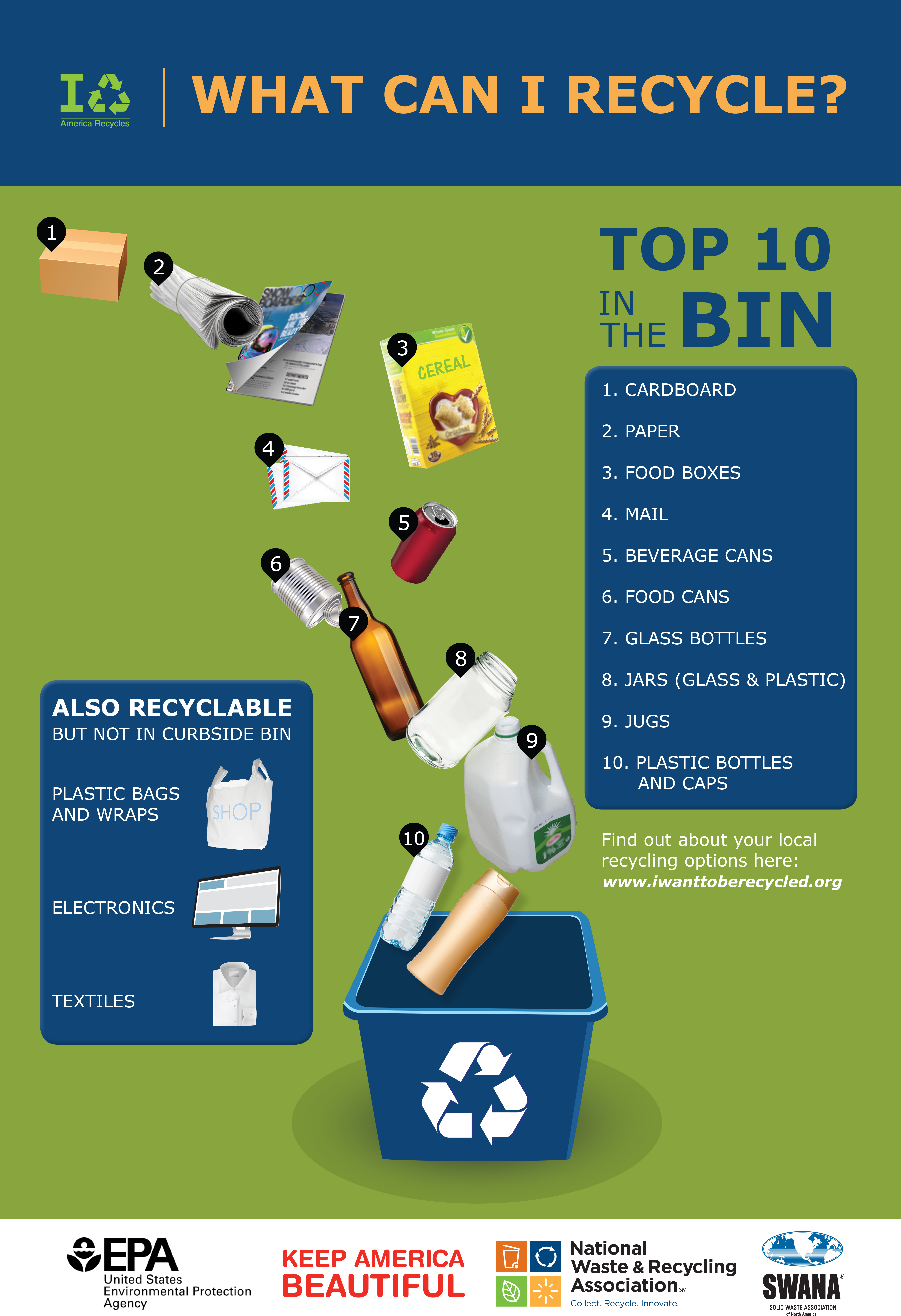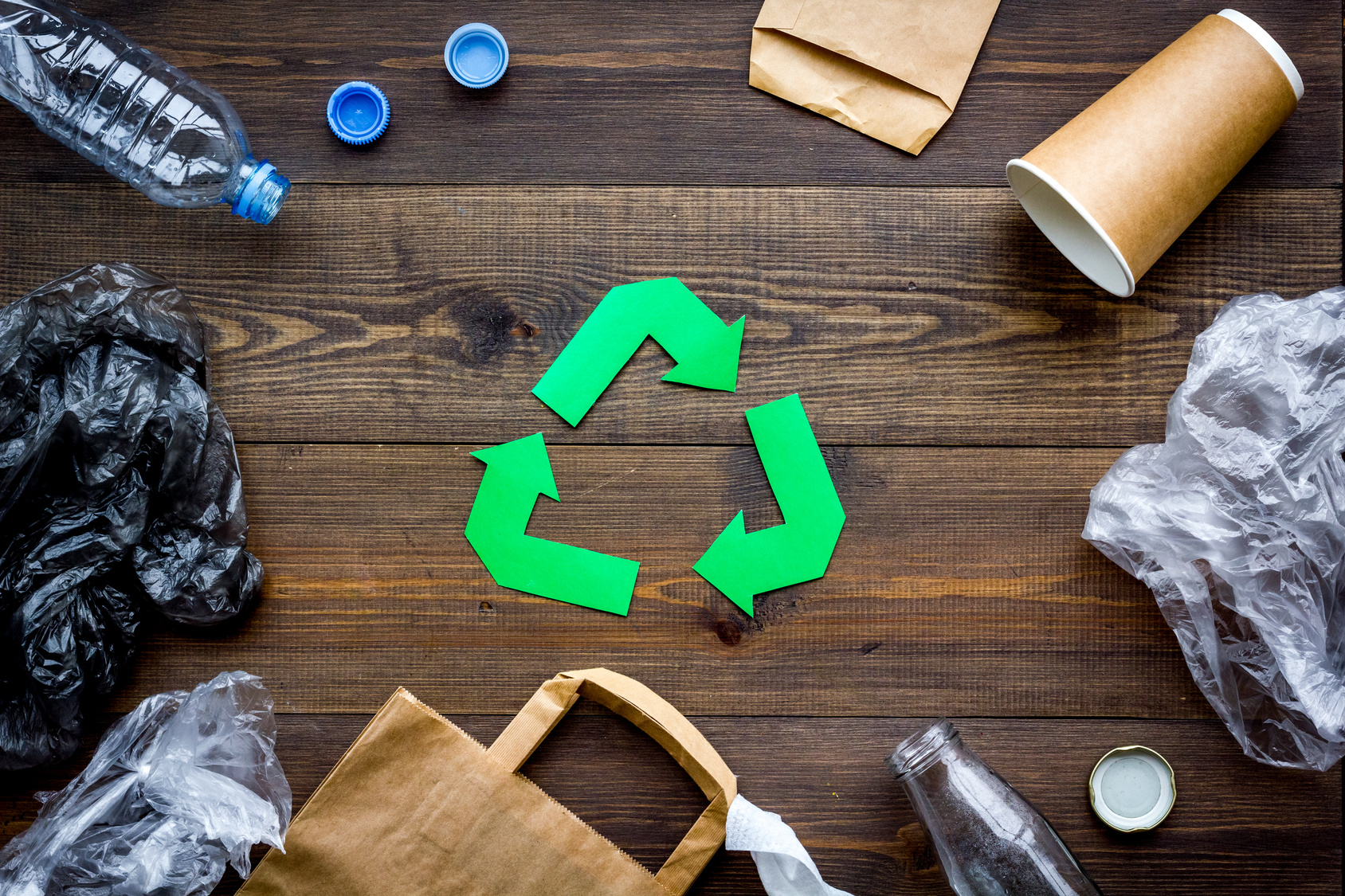Unlocking a Greener Future: Easy Waste Recycling Ideas for Everyday Life
Related Articles: Unlocking a Greener Future: Easy Waste Recycling Ideas for Everyday Life
Introduction
In this auspicious occasion, we are delighted to delve into the intriguing topic related to Unlocking a Greener Future: Easy Waste Recycling Ideas for Everyday Life. Let’s weave interesting information and offer fresh perspectives to the readers.
Table of Content
- 1 Related Articles: Unlocking a Greener Future: Easy Waste Recycling Ideas for Everyday Life
- 2 Introduction
- 3 Unlocking a Greener Future: Easy Waste Recycling Ideas for Everyday Life
- 3.1 The Importance of Recycling: A Foundation for Sustainability
- 3.2 Easy Waste Recycling Ideas: Making a Difference in Everyday Life
- 3.3 FAQs on Easy Waste Recycling Ideas
- 3.4 Tips for Effective Waste Recycling
- 3.5 Conclusion: Embracing a Sustainable Future
- 4 Closure
Unlocking a Greener Future: Easy Waste Recycling Ideas for Everyday Life

In an era marked by escalating environmental concerns, waste management has emerged as a crucial focal point. Recycling, the process of transforming discarded materials into reusable resources, stands as a cornerstone of sustainable living. While the concept of recycling may seem daunting, incorporating it into daily routines can be remarkably simple. This article delves into practical and readily implementable waste recycling ideas, empowering individuals to contribute meaningfully to environmental preservation.
The Importance of Recycling: A Foundation for Sustainability
Recycling transcends mere waste disposal; it represents a commitment to environmental stewardship. The benefits of recycling are multifaceted, contributing to a healthier planet and a more sustainable future:
- Conservation of Natural Resources: Recycling reduces the need for raw materials, thereby preserving finite resources like trees, minerals, and fossil fuels. For instance, recycling aluminum cans saves 95% of the energy required to produce new aluminum.
- Energy Savings: The manufacturing process for recycled materials consumes significantly less energy than creating new products from raw materials. This translates to reduced greenhouse gas emissions, mitigating climate change.
- Reduced Landfill Waste: Recycling diverts waste from landfills, alleviating the strain on these sites and minimizing the release of harmful pollutants. Landfills pose environmental risks, including groundwater contamination and methane gas emissions.
- Economic Benefits: Recycling creates jobs in the manufacturing and processing sectors, contributing to economic growth. It also reduces reliance on imported raw materials, boosting national economies.
- Environmental Protection: Recycling minimizes pollution from manufacturing processes and reduces the environmental impact of extracting and transporting raw materials. It safeguards ecosystems and biodiversity.
Easy Waste Recycling Ideas: Making a Difference in Everyday Life
Recycling does not require complex procedures or specialized equipment. Simple changes in daily habits can significantly impact waste reduction and resource conservation.
1. Paper and Cardboard:
- Sorting: Separate paper and cardboard from other waste streams. Remove plastic windows from envelopes and flatten cardboard boxes to maximize space.
- Cleanliness: Ensure paper and cardboard are free of food residue, grease, or other contaminants.
- Recycling Bins: Utilize designated recycling bins for paper and cardboard, ensuring they are readily accessible.
- Composting: Shredded paper can be added to compost bins, providing valuable carbon material for decomposition.
2. Plastic:
- Plastic Types: Identify different types of plastic using the recycling codes (usually found on the bottom of containers). Commonly recycled plastics include PET (polyethylene terephthalate), HDPE (high-density polyethylene), and PVC (polyvinyl chloride).
- Cleaning: Rinse plastic containers thoroughly to remove food residue.
- Caps and Lids: Recycle caps and lids separately, if possible, or discard them with the container.
- Bags and Films: Check with your local recycling program for guidelines on recycling plastic bags and films. Some programs accept them in designated containers.
3. Glass:
- Color Sorting: Separate clear, green, and brown glass into designated containers.
- Cleaning: Rinse glass containers to remove food residue and ensure they are empty.
- Caps and Lids: Discard metal caps and lids with the glass.
- Broken Glass: Wrap broken glass in newspaper or cardboard before placing it in the recycling bin to prevent injuries.
4. Metal:
- Aluminum and Steel: Recycle aluminum cans, steel cans, and other metal items.
- Cleaning: Rinse metal containers to remove food residue.
- Aerosol Cans: Empty aerosol cans completely and puncture the bottom with a nail before recycling.
- Batteries: Dispose of batteries separately, as they contain hazardous materials.
5. Electronics:
- E-Waste: Recycle old electronics, such as computers, smartphones, and televisions.
- Designated Drop-Off Points: Locate designated e-waste drop-off points in your community.
- Data Security: Before discarding electronics, ensure data is erased or securely wiped to protect personal information.
6. Food Waste:
- Composting: Compost food scraps, yard waste, and other organic materials to create nutrient-rich soil amendments.
- Food Scraps: Collect food scraps in a designated container and dispose of them in a compost bin or designated collection system.
- Reduce Food Waste: Plan meals carefully, store food properly, and use leftovers to minimize food waste.
7. Clothing and Textiles:
- Donate: Donate unwanted clothing and textiles to charities or thrift stores.
- Recycling: Check with local recycling programs for textile recycling options. Some programs accept clothing, shoes, and other textile items.
- Upcycling: Give old clothing a new life by repurposing it into other items, such as bags, pillows, or quilts.
FAQs on Easy Waste Recycling Ideas
Q: What happens to recycled materials?
A: Recycled materials are collected, sorted, and processed into new products. The specific process varies depending on the material, but generally involves cleaning, shredding, melting, or other treatments.
Q: How can I find out what materials are recyclable in my area?
A: Check with your local waste management agency or municipality for information on accepted recyclable materials. Many agencies have websites or brochures outlining recycling guidelines.
Q: What if I don’t have access to a recycling bin?
A: Some communities offer drop-off recycling centers where you can bring your recyclable materials.
Q: What should I do with items that are not recyclable?
A: Refer to your local waste management agency’s guidelines for disposal of non-recyclable items. Some items may require special handling or disposal.
Q: How can I encourage others to recycle?
A: Lead by example, educate others about the benefits of recycling, and advocate for improved recycling programs in your community.
Tips for Effective Waste Recycling
- Know Your Local Guidelines: Familiarize yourself with the specific recycling guidelines in your area.
- Clean and Dry: Ensure recyclables are clean and dry before placing them in the recycling bin.
- Proper Sorting: Separate recyclable materials into designated categories, such as paper, plastic, glass, and metal.
- Avoid Contamination: Do not place non-recyclable items in recycling bins, as this can contaminate the entire batch.
- Reduce Waste: Minimize waste generation by using reusable bags, containers, and water bottles.
Conclusion: Embracing a Sustainable Future
Recycling is not merely a chore; it is an investment in a healthier planet and a brighter future. By incorporating easy waste recycling ideas into daily routines, individuals can contribute to resource conservation, environmental protection, and a more sustainable way of life. It is through collective action, embracing responsible waste management practices, that we can collectively strive for a greener tomorrow.








Closure
Thus, we hope this article has provided valuable insights into Unlocking a Greener Future: Easy Waste Recycling Ideas for Everyday Life. We hope you find this article informative and beneficial. See you in our next article!